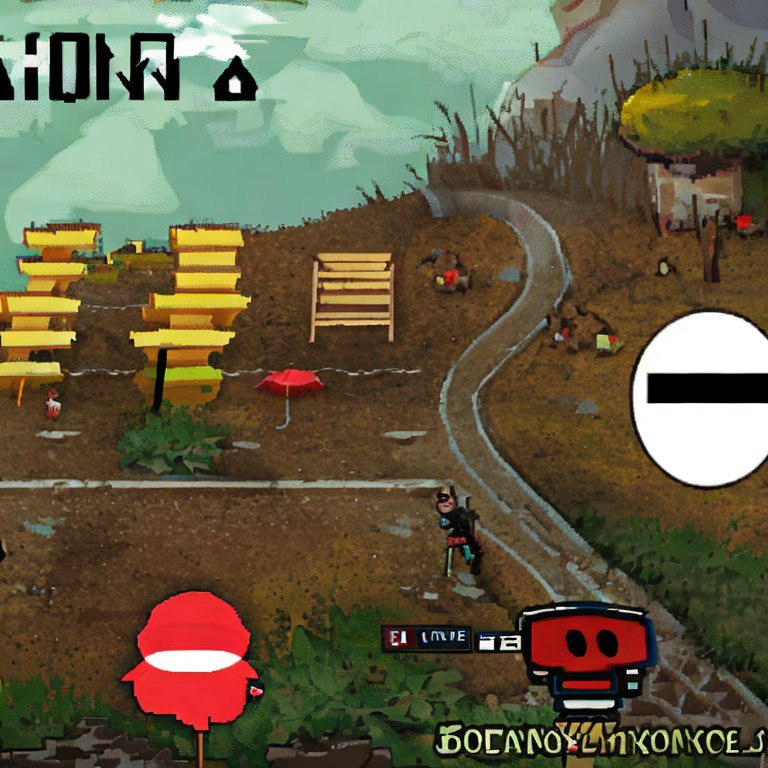Translation for games is a crucial aspect of localization, but as seen in the stories of "Aliens: Colonial Marines" and "Mass Effect 3", a poor translation can lead to disastrous consequences for the success and reputation of the game and developer. Learn how the players' negative responses to these poorly localized games highlight the importance of accurate translation in the gaming industry.
Localization is the process of adapting a game to a specific language and culture. It’s important to make sure the game is accessible and enjoyable for a global audience. But if localization is done poorly or inaccurately, it can cause problems that affect the success of the game and the reputation of the game developer.
Poorly localized games often have translations that are full of errors and inconsistencies. This can make the game hard to understand and change the meaning of some parts of the game. For example, in a poorly localized game, a character’s dialogue might not make sense or important instructions might be confusing because of bad translations.
Problems in translation for games
Aliens: Colonial Marines
“Aliens: Colonial Marines” was a first-person shooter video game developed by Gearbox Software and released in 2013. The game was based on the “Alien” film franchise and was published by Sega. The game received widespread criticism for its poor translation and localization, particularly in the German version of the game. Players reported numerous errors and inconsistencies in the translation, which led to a backlash from the community. Some players even started a petition calling for the game to be re-translated and re-released in German.
Mass Effect 3
“Mass Effect 3” was a role-playing video game developed by BioWare and released in 2012. It was the third instalment in the “Mass Effect” series and was published by Electronic Arts. The game received criticism for its poor translation in some languages, particularly in the French version of the game. Players reported numerous errors and inconsistencies in the translation, which led to the negative reception of the game.
As a result, the following annoying problems were reported by gamers in both games:
- Incorrect grammar and syntax
- Inconsistencies in the translation (e.g. the same word being translated differently in different parts of the game)
- Incomplete or missing translations
- Localization errors (e.g. cultural references or jokes not being translated correctly)
These problems can be very frustrating for players and lead to negative reviews and a bad reception for the game. In some cases, players might not want to play the game at all because of the problems with localization. This can be especially harmful to game developers, as it can hurt the game’s sales and overall success.
In addition to impacting the success of a game, poor localization can also damage the reputation of the game developer and the brand. A poorly localized game may give the impression that the developer is not committed to providing a high-quality product for their global audience. This can lead to negative associations with the brand and discourage players from trying future games from the same developer.
How to avoid problems with translation for games
There are several steps that game developers can take to avoid the problems that can arise from poor localization:
- Invest in a professional localization team:
Choose a team of experienced translators who are familiar with the gaming industry and have the necessary tools and expertise to deliver high-quality translations. - Use translation memory and terminology management tools:
These tools can help ensure consistency and accuracy in the translation, as well as streamline the localization process. - Test the localized version of the game:
It’s essential to test the localized version of the game to ensure that it is functioning correctly and that the translation is accurate and appropriate. - Consider cultural differences:
Localization involves more than just translation – it also consists in adapting the game to different cultures. Make sure to consider cultural differences and ensure that the game is appropriate and accessible to a global audience. - Communicate with the localization team:
Establish clear communication with the localization team and provide them with the necessary resources and guidance to ensure that the translation meets your standards.
By following these steps, game developers can help ensure that their games are well-localized and accessible to a global audience.
Conclusion
In any event – don’t let them ruin your game!
Make sure to invest in accurate translation for a polished, professional product. If you’re in need of translation services for your game, don’t hesitate to contact Slavis Translations today and ask for an offer. Our team of experienced translators is equipped with the necessary tools and expertise to deliver a top-quality translation for games.




